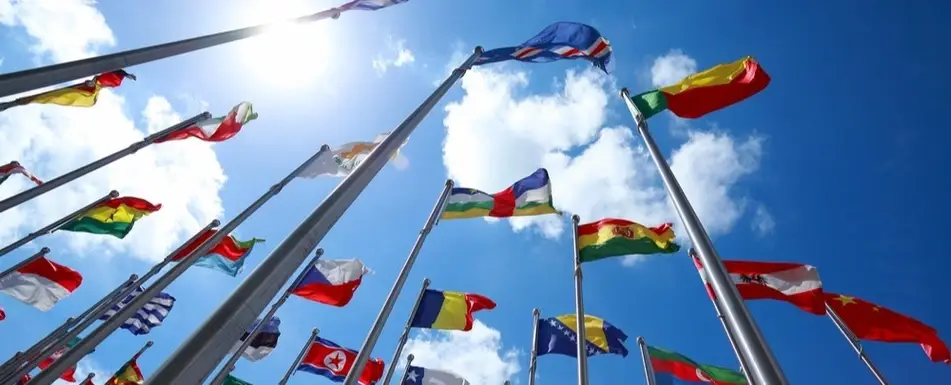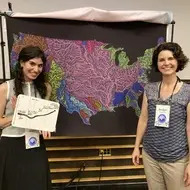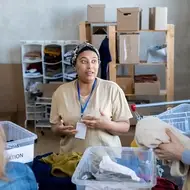Starting a Career in International Development? Don’t Reach for the UN

I have started doing university lectures and helping students who want to work in “international development.” One of the questions I get the most is: How do I get an internship at the United Nations (UN)? And this is understandable: The UN, and other intergovernmental organizations (IGOs) like it have worldwide recognition and affect how we see international development. For some, just interning at an IGO is seen as a ticket to a great career.
However, I don’t think it’s a good idea to build your career at these kinds of organizations. Why? If you are just starting, you need to spend a lot of time learning: about yourself, your field, your skills, and your contributions. Figuring these things out takes a huge amount of self-awareness, mentoring, and mistakes. Lots of mistakes.
Why you shouldn’t intern at the UN when you're starting a social-impact career
You need to try things you are not particularly good at and challenge yourself. And I believe that an IGO is not a great place to do so. Here’s why:
- As an intern, while the work you do will be helpful to the organization, given its size, you might not get the attention you need. It will be hard to get proper training, mentoring, and guidance.
- Unless you are in a cross-functional area, like knowledge management, or monitoring and evaluations, your area will have its own work plan and budget and will function very much independently. As a result, you will have a very limited perspective of the work of that organization.
- Interns that qualify for these positions already speak multiple languages, have a graduate degree, and some work experience in the sector, allowing them to better focus on a particular area of the work.
- The chances of converting an internship opportunity at the UN into an actual paid position are slim: it’s hard to stand out, and there is a lot of competition.
- Internships don’t always include fieldwork. I know it sounds obvious, but many people go into UN-based internships thinking they will have access to some on-the-ground work. Instead, these internships are more focused on bureaucratic and diplomatic functions.
- Most of all, it takes a certain amount of self-assurance to be able to determine, on your own, what assignments will contribute to your overall career expertise. It’s hard to take ownership of your work if all you can do is accept tasks that are given to you.
I’m not against IGOs; I work with them often and I think they do great work. However, this is not about them. It’s about what’s best for you when you're new in your career.
Instead: act local, think global
When you are just starting out, there are plenty of other ways to get sound experience in international development that will actually result on you having transferable skills. Here are a couple first steps:
First, I would advise interning at a local organization or project. Remember the motto: act local, think global. You don’t need to leave your country to get development experience. If you don’t know where to start, I would take a look at nonprofits in your community. If you’re in college, look on your campus. You can also research on Idealist for any current opportunities in your area. If you find something that really strikes you, you can always write the organization, asking for more information on their internship policies.
If you want to intern in a different country, you should look for the national offices of the NGOs you want to work with. Local chapters and national offices might not have as many interns working for them, but will have a lot more need for helping hands and qualified work. Moreover, interning in a different country will give you a great opportunity to learn the dynamics of local implementation.
Finally, there is always the alternative to pursue paid and unpaid fellowships that will help you develop transferable skills and get some international experience.
Nonprofits and international organizations alike don’t want to invest a lot of money on someone that they later found out can’t handle trash, pollution, crowds, isolation, violence or simply just being away for their country. So, fellowships are a way to establish that you can handle different context and as well as being able to adapt to it.
Also, YOU need to see for yourself if you have what it takes. International work is highly romanticized and can be a truly wonderful experience, but it can be tough and those conditions are not for everyone. They don’t have to be.
***
About the Author | Natasha Leite has nine years of experience working as a governance expert in Latin America, the Caribbean, Africa and Asia.
This post was contributed by a guest author.






